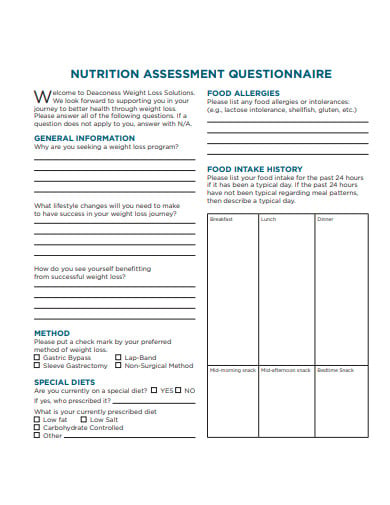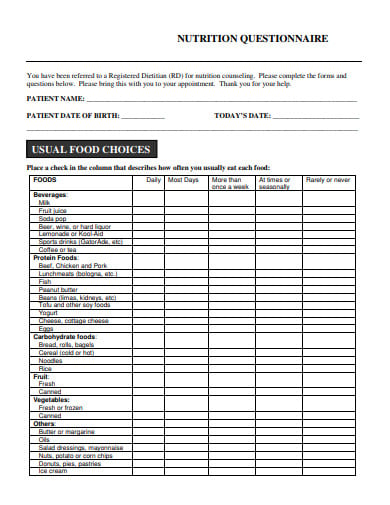
The mean GPA of students having good knowledge scores was significantly greater than that of students having poor knowledge scores (3.54 ± 0.40 vs 3.43 ± 0.48, respectively). The ranges of scores obtained for KAP were 2-18, 9-27, and 0-30, respectively.Ī significantly higher percentage of students had good knowledge and positive attitude scores if they were majoring in a health-related major as compared to those in non- health-related majors (73.2% vs 45.5%, and 62.7% vs 41.1%, respectively). Results: The mean and median scores of knowledge, attitude, and practice of the total sample were similar with 11.68 ± 3.30, 19.62 ± 2.84, and 9.40 ± 5.59, for the mean and 12.00, 20.00, and 10.00, for the median respectively.


All analyses were performed using the Statistical Package for the Social Sciences (SPSS) version 25. Attitudes were categorized as negative (scores < median of 20.00) and positive (scores ≥ median score of 20.00). Good knowledge scores were noted for those who received a score of ≥ 12.00, and good practice scores were given for those with scores ≥ 10.00. Knowledge and practice scores were considered poor (scores < median score) and good (scores ≥ median score). The ranges of answers varied between 0-18 for knowledge, 0-28 for attitude, and 0-30 for practice. The final scores of each of the KAP were summed up for every student. Descriptive and analytical statistics were used to assess nutrition- related BC prevention knowledge, attitudes, and practice (KAP) of female university students, and to examine the association between sociodemographic, anthropometric, behavioral, and general characteristics of students and their KAP. The practice questionnaire collected information on the students’ usual intake of specific foods reported to be associated with BC. The attitude part of the questionnaire collected information on whether the students believe that nutrition or food selection can decrease the risk of BC, and that adherence to a healthy diet can reduce the risk of developing BC in the next generation. The knowledge part of the questionnaire addressed the students’ knowledge of the relationship between diet and BC, and impact of other non-modifiable and modifiable nutrition-related BC risk factors, and the relationship between certain food items with BC. Methods: A cross-sectional study was carried out between February and March 2023 on a convenient sample of 356 American University of Beirut (AUB) female students aged between 18 and 25 years old, with no previous or current diagnosis of BC from all 7 faculties at AUB.Ī self-administered questionnaire was used to obtain information on nutrition KAP towards BC prevention as well as information on the sociodemographic, anthropometric, behavioral, and general characteristics of the students. Objectives: The objective of this study is to assess nutrition-related BC prevention knowledge, attitudes, and practice (KAP) of female university students, and to examine the relationship between sociodemographic, anthropometric, behavioral, and general characteristics of students and their KAP.

Accumulating evidence is showing that adopting adequate dietary practices could reduce the burden of BC. Early preventive measures in the Lebanese young female population could mitigate the increased incidence of the disease. The median age at diagnosis of patients with BC in Lebanon is 10 years earlier than that in the United States (U.S.). Background: According to the International Agency for Research on Cancer (IARC), breast cancer (BC) became the most diagnosed cancer type in 2020 worldwide, in general, and in Lebanon in specific.


 0 kommentar(er)
0 kommentar(er)
